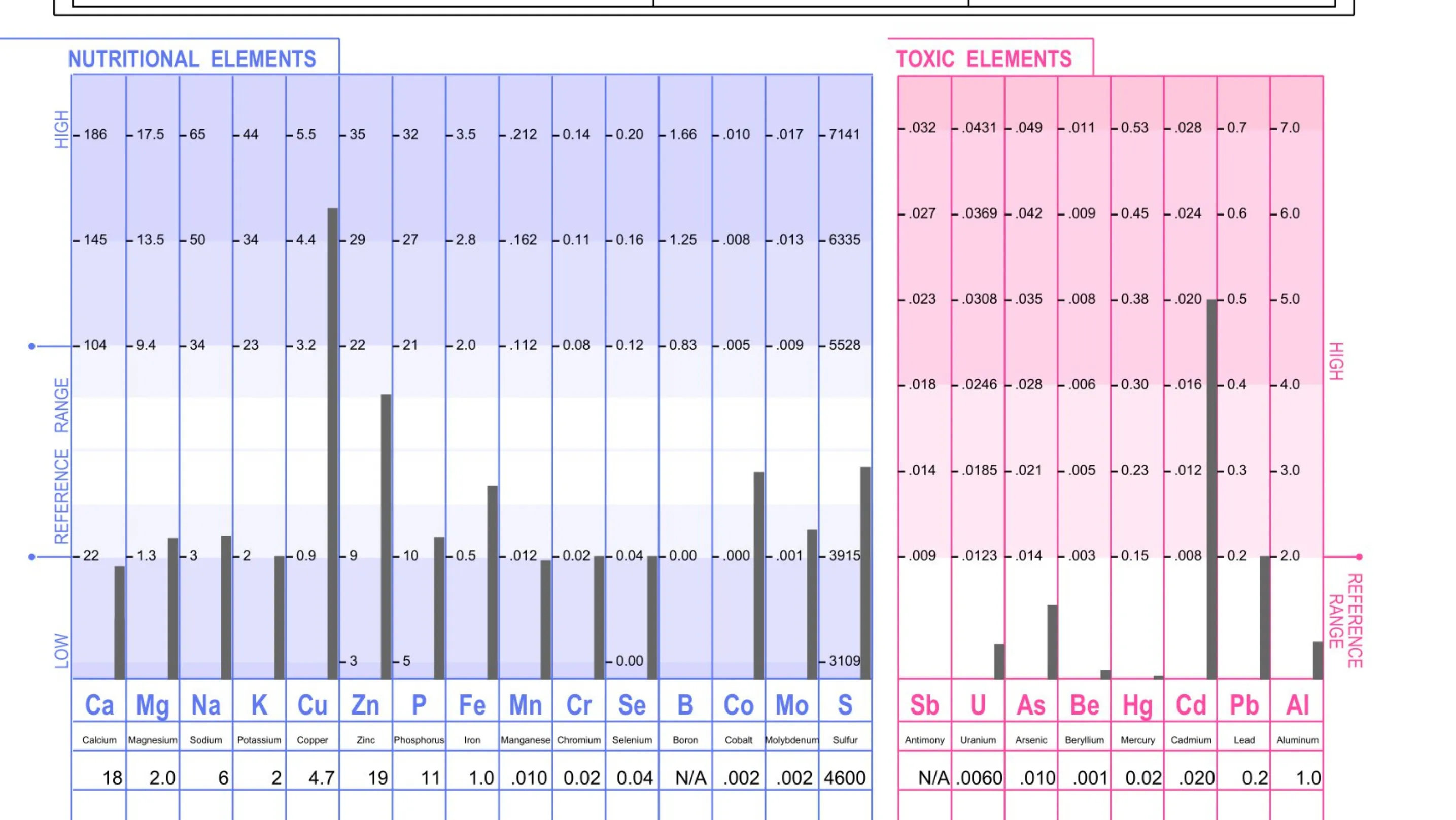In an era where fertility rates are declining for both men and women, conceiving has become increasingly challenging for many couples. Fertility is a multifaceted topic, and not everything is clear-cut.
Whether or not you’re trying to conceive (or ever want kids), fertility is a vital pillar of overall health. Understanding and optimizing fertility has benefits far beyond getting pregnant.
1. Prioritize Nutrition
Nutrition must be a foundational piece. Consuming a whole-food, minimally processed diet provides the nutrients needed to support fertility while reducing inflammation.
Balancing blood sugar is also critical. I can’t tell you how often this one change alone makes a significant difference for clients. Incorporate carbohydrates, fats, and proteins at each meal and snack to support stable blood sugar, energy levels, and hormone balance.
2. Eat Enough Food & Protein
Inadequate calorie intake and insufficient protein can disrupt hormone production, ovulation, and cycle health—directly impacting fertility.
Be sure you’re eating enough to meet your body’s needs, especially if you’re physically active or trying to conceive. Aim for balanced macronutrients, with a particular emphasis on protein-rich foods such as grass-fed beef, poultry, pasture-raised eggs, fatty fish, and full-fat or minimally processed dairy.
3. Manage Stress
Stress affects mineral utilization, thyroid function, adrenal health, hormones, cycles, and more. Chronic stress can significantly impair fertility.
Incorporate stress-reduction practices like meditation, yoga, deep breathing, or hobbies you enjoy. It’s also important to honestly assess where your stress is coming from and make changes where possible. Proper nutrition and mineral support go a long way in increasing stress resilience.
4. Optimize Sleep
Quality sleep is essential for hormone balance and overall well-being, including fertility. Aim for 7–9 hours of uninterrupted sleep per night and establish a calming bedtime routine.
A sleep environment that is dark, cool, quiet, and free from distractions can improve sleep quality—both of which directly support fertility.
5. Come Off Hormonal Birth Control
If you’re actively TTC, this may not apply. However, if you’re thinking about trying in the future or taking a proactive approach to fertility, consider coming off hormonal birth control ahead of time.
Hormonal birth control works by supplying synthetic hormones that suppress ovulation. While effective for pregnancy prevention, regular ovulation and natural hormone production are essential for fertility. This is a topic worthy of its own post—and likely one I’ll write.
6. Minimize Exposure to Endocrine-Disrupting Chemicals (EDCs)
Endocrine-disrupting chemicals interfere with hormonal systems, including those involved in reproduction.
Common sources include plastics, pesticides, personal care products, and industrial chemicals. Reduce exposure by:
- Choosing organic foods when possible
- Using glass or stainless steel instead of plastic
- Selecting natural household and personal care products
- Avoiding canned foods lined with BPA in favor of fresh or frozen options
These steps help support balanced hormones and fertility.
7. Seek Professional Guidance
Everyone is unique, and fertility challenges often stem from different root causes. Working with a fertility specialist can provide personalized insights and targeted support.
As a fertility dietitian, I help clients optimize nutrition and lifestyle factors while digging into labs to understand the full picture.
The Takeaway
In a world where fertility rates are declining, remember that a lot is within your control. Taking proactive steps to support fertility also improves overall health.
If you’ve already implemented these strategies and still feel stuck, your next step may be personalized guidance. When I work 1:1 with clients, we dig deep into lab work to identify root causes.
If you’re ready for answers, book a free consultation call here!
- Kylie



